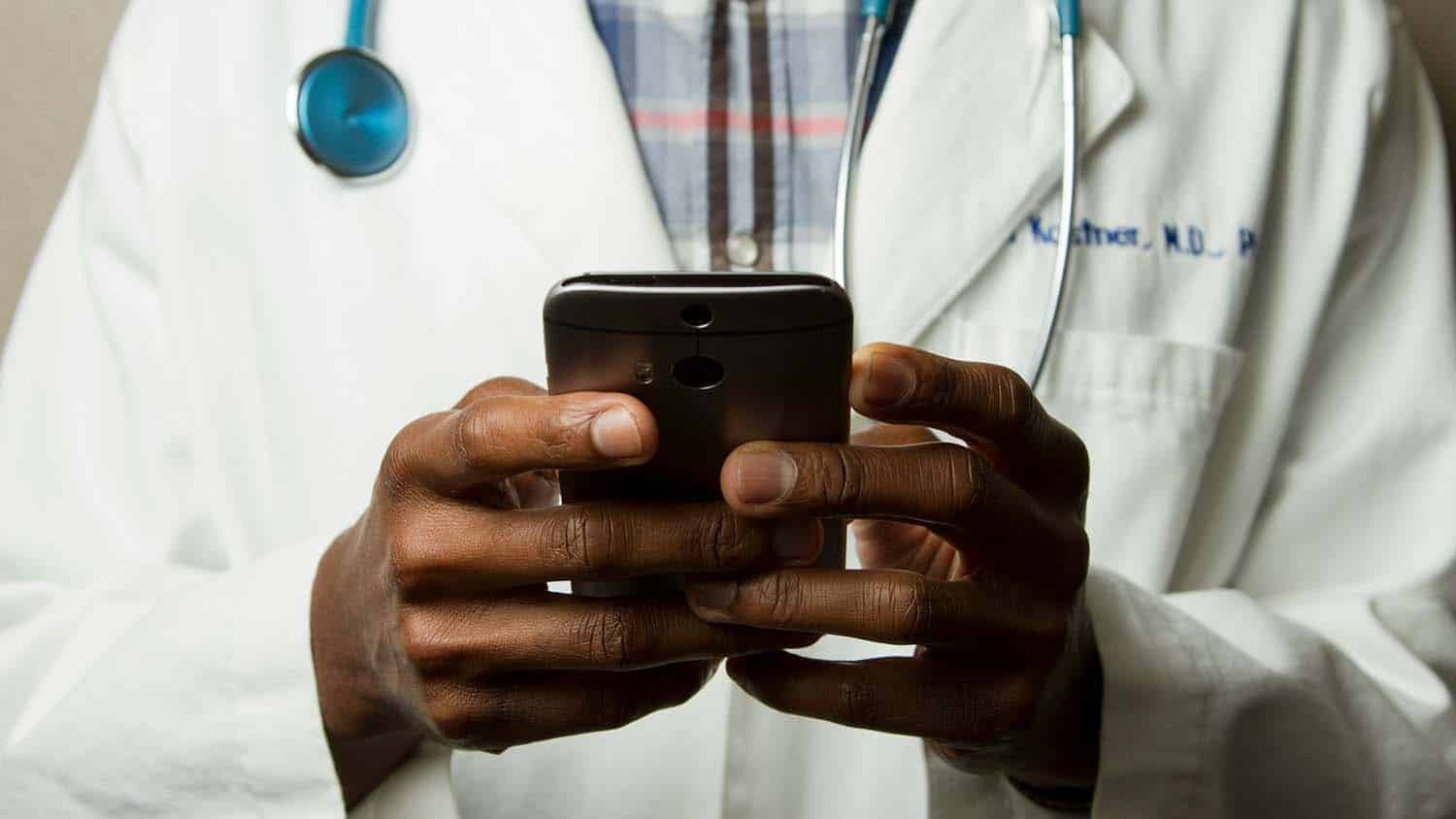The New Dating Game: When Dates Follow Hookups
 |
| New research sheds some light on just how complicated sex and dating are. |
Casual sex clearly carries its own risks, but the academic literature on “hooking up” may be presenting an unduly rosy picture of dating. New research doesn’t advocate no-strings hookups (i.e., casual sex between people who aren’t dating), but does highlight gender inequities in traditional dating that have previously been overlooked.
“Most of the published research on hooking up analyzed it as an isolated behavior – separate from dating and relationships,” says study co-author Sinikka Elliott, an assistant professor of sociology at NC State. “Yet, a large-scale survey of college students found that, when asked about their last relationship of six months or more, over two-thirds of students said they’d had at least one hookup and one date before it became a relationship.”
To gain insight into how hooking up may be connected to dating, Elliott and her co-authors, Julie Reid of the University of Southern Mississippi and Gretchen Webber of Middle Tennessee State University, presented scripted scenarios to 273 college students, and asked them to explain the motivation for the characters in the scenarios.
In the first part of each scenario, a man and a woman meet at a party for the first time and hook up. In the second part of each scenario, the same man and woman go on a date a week after hooking up – and the date ends in a kiss (no sex). In one scenario, the woman asks the man out on the date. In the other scenario, the man asks the woman out.
The students explained the first part of the scenario (the hookup) based largely on mutual desire and alcohol consumption (which they assumed would be present at the party – despite no mention of alcohol in the scenario). One interesting finding here is that the students saw both the man and the woman as actively desiring sexual pleasure in the context of the hookup – and said that the hookup could be mutually desired and beneficial for the man and the woman.
The researchers were somewhat surprised by this response because women are often held to a different standard than men when it comes to sexual behavior, and had expected more students to disparage the woman in the scenario for having casual sex. However, very few of the 273 responses negatively labeled the woman for hooking up. Students also indicated that if the woman wasn’t expecting to see the man again after the hookup, she could be even freer to act on her desires and enjoy herself because she did not have to fear being judged for her actions.
When it came to explaining the sexless date, students often gave multiple possible rationales, with many saying that the main reason for both the man and the woman not having sex on the date was because they were both interested in a relationship and wanted to get to know the other person. This challenges the stereotype that men are not as interested in relationships as women, and shows that students view hookups as a possible pathway to relationships.
However, other student explanations for the sexless date revealed stark gender differences.
For example, approximately half of the students said the woman ended the date that the man initiated with a kiss to fix the man’s impression of her and show that she is “respectable,” and thus good dating material. And when asked about the scenario in which the woman asks the man out, about half of the students said he only went on the date out of a sense of obligation—a pity date—and that he didn’t have sex because he had no real interest in her and did not want to lead her on.
“Students often brought attention to the fact that the woman asked the man out on the date to explain why he acted as he did,” says Elliott. “Students explained that if the man had been interested in her, he would have asked her out.”
Dating has been around for a long time and still reflects many gender stereotypes. Even today, the researchers say their students describe a first date much like their grandparents might have: the woman takes a long time getting ready, while the man picks her up in his car, opens doors, and pays for the date.
The researchers make clear that they do not view hooking up as a solution that levels the playing field for men and women. “We’re not suggesting that hooking up is a bastion of heterosexual equality,” says Elliott. However, they note that widely-held dating conventions carry their own gender-based assumptions and expectations – which don’t necessarily favor women.
For example, if the man is the one who is expected to ask the woman out, pick the place, pick up the woman and pay the tab, the man is clearly in the driver’s seat – both literally and figuratively. The emphasis for the woman is on trying to be liked – as evidenced by the idea that it is the woman who spends hours getting ready for the date and hopes her partner will judge her “respectable” and worthy.
The researchers argue that hookups need to be looked at in the bigger picture of dating, relationships, and sexual double standards since these choices and concerns represent many college students’ realities today.
The paper, “Casual Hookups To Formal Dates: Refining the Boundaries of the Sexual Double Standard,” is published in the October 2011 issue of Gender & Society.
This posting by Matt Shipman originally appeared in NC State’s Abstract.
- Categories:


